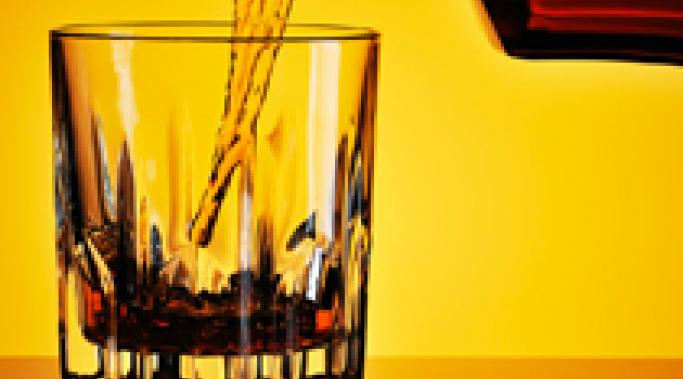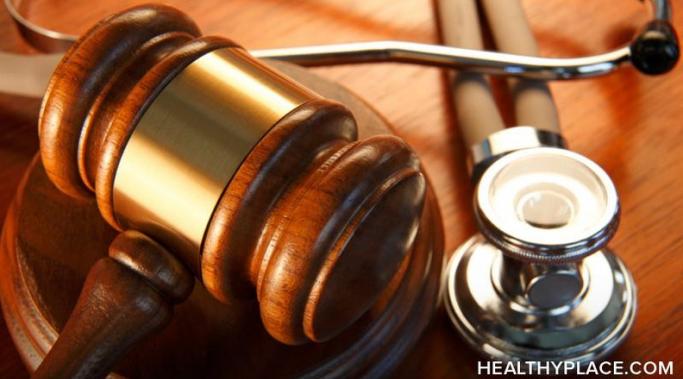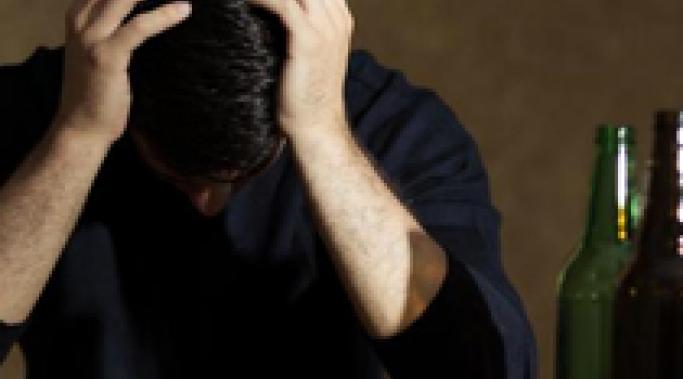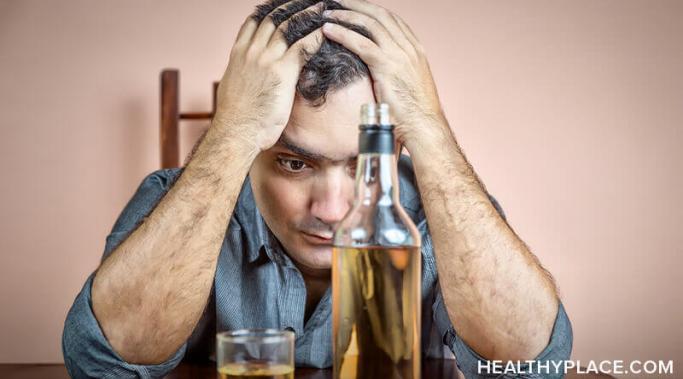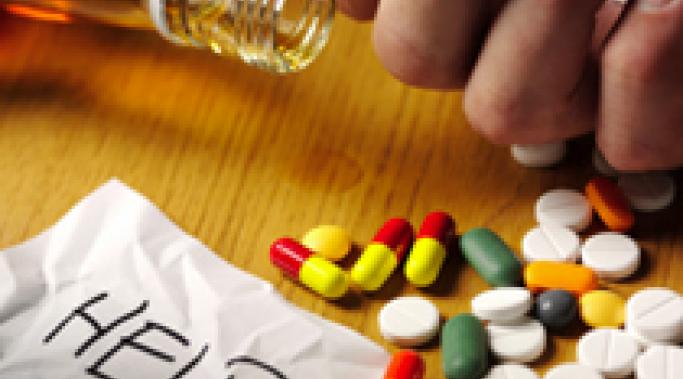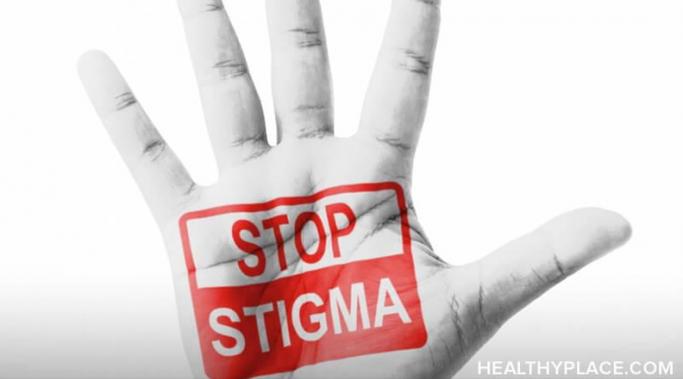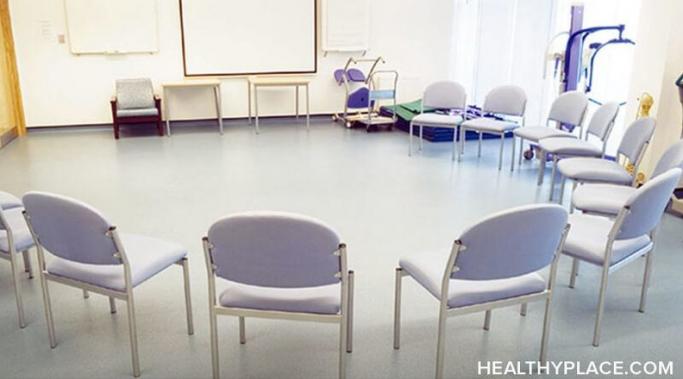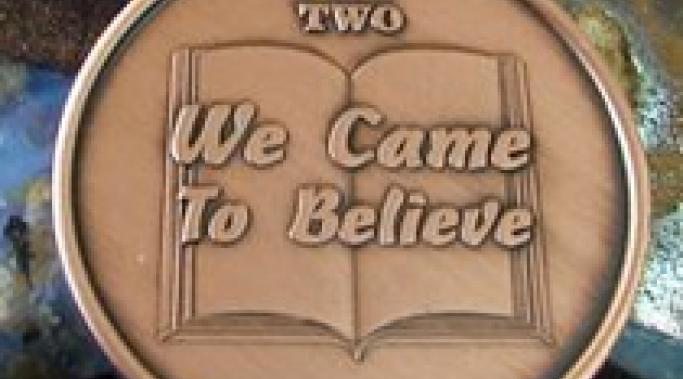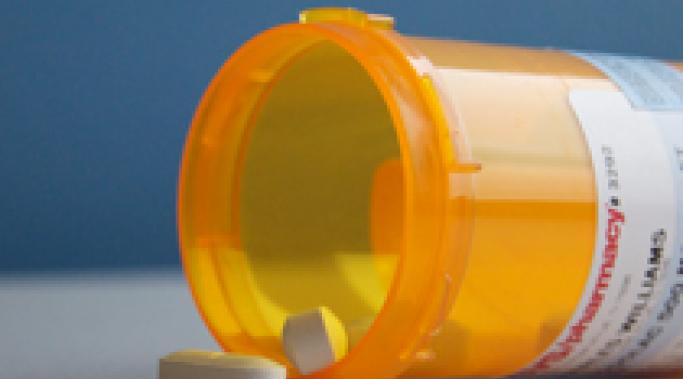I recently returned from a trip to Quebec, where I learned alcoholism symptoms should not vary by culture. Sadly, they do. In the United States, having a drink in the morning is called an eye-opener and is one of the CAGE Test symptoms of alcoholism. Even WebMD lists it as a sign of a drinking problem. In Quebec, a brunch cocktail such as a mimosa or a bloody Caesar is normal. I even posted to my Facebook page that I had no clue how Canadians diagnose alcoholism because it seemed like everyone drank like fish. Interestingly enough, the alcoholism rate is higher in the U.S. than it is in Canada--but is that because of culture? There needs to be a clearly defined international standard for alcoholism symptoms--not one that seems to vary according to where you are.
Addiction – Recovering from Mental Illness
It's clear we need a sensible drug policy in the United States. My generation grew up with a government policy of 100 percent abstinence from illegal substances. We became the most drug-addicted generation in history. When you explore the racist history behind our current drug policy and read what the science really says about illegal drugs, it can easily lead to one conclusion: We need a sensible drug policy in the United States.
The new year made me realize it would be a good idea to write about how to self-diagnose an alcohol addiction. While only a professional can make a formal diagnosis, awareness of your drinking habits and any problems that arise from drinking can help you seek treatment (Identifying and Diagnosing Alcoholism). Here's how to self-diagnose an alcohol addiction.
Staying sober during the holidays can prove difficult thanks to all the merrymaking aided by large quantities of alcohol. For example, my family drinks like fish, and one year Dad gave my two brothers alcohol for Christmas. But I stayed sober even though I have a substance abuse problem, and I plan on doing it again. Here are some ways to stay sober during the holidays.
There is a serious lack of treatment for dual diagnosis with substance abuse. A dual diagnosis is two co-occurring mental health conditions, in this case, one of which is a substance abuse disorder. The use of substances as a way to cope with psychiatric symptoms is so common there's a term for it: "self-medicating." Treatment for dual diagnosis with substance abuse is critical, but few get treatment.
Do you know why addiction is not a moral issue but a mental health issue? Recently a friend of mine posted a video in which a federal prosecutor described herself as, "on the front lines in the war against drug abuse." My first thought was, "No, that's therapists. You're on the front lines on a war against an illness." There are three reasons why addiction is not a moral issue, but a mental health one: underlying mental illness, a physical component to addiction, and it can happen to anyone (Dual Diagnosis: Substance Abuse Plus A Mental Illness).
Is Alcoholics Anonymous (A.A.) the only way to recover from alcoholism? Like many survivors of spiritual abuse, I have a problem with a Higher Power. While A.A. literature says one's Higher Power is "God as we understand him," the chapter to the agnostic basically argues for the existence of a God. So where does that leave those of us who have some problems with God? The good news is A.A. is not the only way to recover from alcoholism. There are several other organizations that, while not as well known, are just as effective as A.A. Here are three.
Self-injury can be addictive but you can recover from self-harm using the 12 steps, among other ways. Because self-harm helps us feel better, even if it is a negative coping skill, it can become a habit. We can become powerless over self-injury. But, like any addiction, a 12-step program can be useful in fighting self-harm behavior and aid self-harm recovery.
What are the mental health needs of the Native American community? At first, I was hesitant to write this because although I have Cherokee ancestry, I'm of mixed blood and not enrolled (my blood quantum is too low). But this morning on a news site, I saw that 11 members of a Canadian First Nation attempted suicide on Saturday night alone, causing the tribe to declare a state of emergency.1
How does one go about staying sober while on pain medication? Recently I fell while on the bus and suffered a bruised coccyx and strained sacroiliac ligament (not to mention wounded ego). The doctor told me it would be extremely painful for three-to-four weeks and wrote me a prescription for a narcotic painkiller. While I have no history of prescription drug abuse, I am an alcoholic, so I was concerned with staying sober while on pain medication. Here is the advice I got from my Alcoholics Anonymous (AA) meeting about staying sober while on pain medication.
